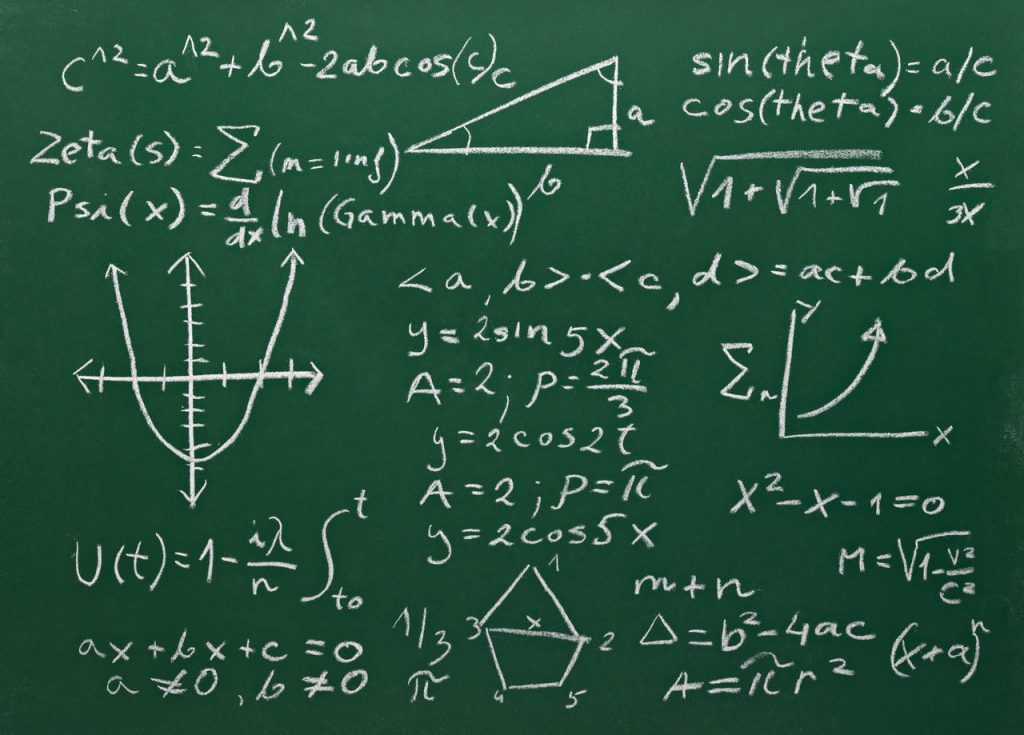What is the role of document examiner in investigation?
What is the role of document examiner in investigation?
A document examiner is often asked to determine if a questioned item originated from the same source as the known item(s), then present their opinion on the matter in court as an expert witness. As a result, they are competent to address a wide variety of questions about document evidence.
How do you become a FBI CSI?
Job requirements are:
- Associate’s degree and CSI certificate from a community college OR one year experience in crime scene investigations OR two years experience as an evidence technician with a law enforcement agency.
- Valid Class C California driver’s license.
- Successful background check/and drug test.
What are the four types of documentation forensics?
The types of documents examined include wills, checks, bank signature cards, contracts, anonymous letters and other business forms. Documents can be on a physical surface or created electronically.
What is FBI blood test?
Biologists work to analyze DNA from body fluid stains and other biological tissues recovered from items of evidence, and comparing those to DNA collected from known individuals. Such analyses can associate victims and suspects with each other, with evidence items, or to a crime scene.
What are the qualifications of a document examiner?
The ABFDE requires that examiners obtain a minimum of a baccalaureate degree and complete a two-year, full-time training program or apprenticeship in a recognized forensic laboratory or with an established examiner in private practice.
What are the 5 types of questioned documents?
Some of the common types of questioned documents subjected to forensic document examination are stated below.
- • Wills. • Cheques. • Bank Drafts. • Agreements. • Receipts.
- • Identity Theft. • Forgeries. • Counterfeiting. • Suicides. • Homicides.
- • Surface features. • Latent images. • Alterations. • Watermarks. • Ink stamps.
What qualifications do you need to be a CSI?
In general, you’ll need at least 5 GCSEs at grades 9 to 4 (A* to C) or equivalent, including English, maths and a science subject. Some employers may prefer A levels or equivalent, including a science like chemistry or biology.
What are types of documents?
Common Types of Documents
- Emails.
- Business Letters.
- Business Reports.
- Transactional Documents.
- Financial Reports and Documents.
What are the three basic steps in handwriting analysis?
Terms in this set (16)
- examine the questionable document for detectable traits and record them.
- obtain writing of suspects (exemplar) and compare traits found in the questionable document with it.
- draw conclusions about the authorship of the questionable documents based on the comparison.
What is the main purpose of a crime laboratory?
Crime laboratories can investigate physical, chemical, biological, or digital evidence and often employ specialists in a variety of disciplines, including behavioral forensic science, forensic pathology, forensic anthropology, crime-scene investigation, and ballistics.
Where is the US Army Criminal Investigation Laboratory?
S. Army Criminal Investigation Laboratory. The U.S. Army Criminal Investigation Laboratory is located within the Defense Forensic Science Center at the Gillem Enclave in Forest Park, Georgia. The USACIL provides forensic laboratory services to DoD investigative agencies and other Federal law enforcement agencies.
Where is Shiver and Nelson document Investigation Laboratory?
Shiver & Nelson Shiver & Nelson Document Investigation Laboratory is a forensic document examination service located near Atlanta, Georgia. Mr. Shiver has more than twenty years experience in the field of Forensic Document Examination. He as testified as an expert witness in court on more than 100 occasions.
What kind of Investigation is carried out in a laboratory?
11. Biochemistry: Also called chemical pathology Deals with investigations of the metabolic abnormalities of the body in disease states. Investigations are carried out by assays of various normal and abnormal compounds found in body fluids viz. blood, urine, CSF, saliva etc. 11 12.
What does the HSI forensic laboratory do for ice?
The HSI Forensic Laboratory provides a broad range of document and latent print-related forensic, intelligence and investigative support services for HSI, ICE, DHS and many other U.S. and foreign law enforcement agencies.
